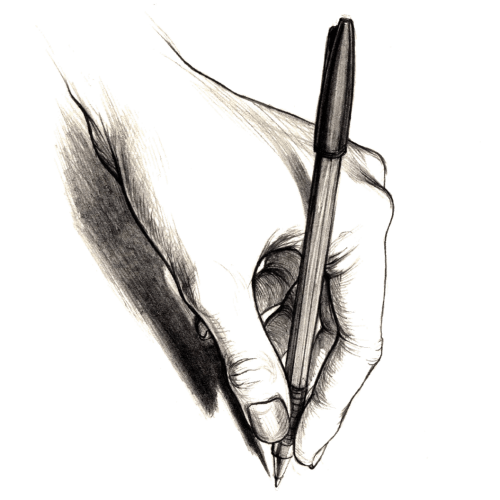Onze textos que unem memória e reflexão crítica, combinadas pelo estilo acessível e envolvente de um dos mais importantes romancistas da atualidade. Piglia volta a suas teses sobre o conto, comenta clássicos modernos como Kafka, Gombrowicz e Joyce, e analisa a obra de autores argentinos como Jorge Luis Borges, Roberto Arlt e Macedonio Fernández.
Em Formas breves, Piglia aproxima o ficcionista e o teórico que nele convivem, em textos de estilo cativante e despretensioso, acessíveis tanto aos leitores comuns quanto àqueles interessados em crítica literária.
Como o próprio autor assinala, os textos “podem ser lidos como páginas perdidas no diário de um escritor” ou “como os primeiros ensaios e tentativas de uma autobiografia futura”.
Piglia reflete sobre autores da moderna literatura argentina, como Macedonio Fernández, sobre clássicos da modernidade, sobre as relações entre literatura e psicanálise, e sobre a natureza do conto, tema ao qual volta, com o ensaio “Novas teses sobre o conto”, depois de abordá-lo em O laboratório do escritor (1994).
Com notável habilidade para a síntese e para estabelecer correlações surpreendentes, Piglia faz uma reflexão sobre o fazer literário profundamente ligada à sua experiência pessoal. Como o autor observa, “a crítica é a forma moderna da autobiografia”. Formas breves recebeu o Prêmio Bartolomé March de 2001 de melhor livro de ensaios literários publicado na Espanha.
Ricardo Piglia









